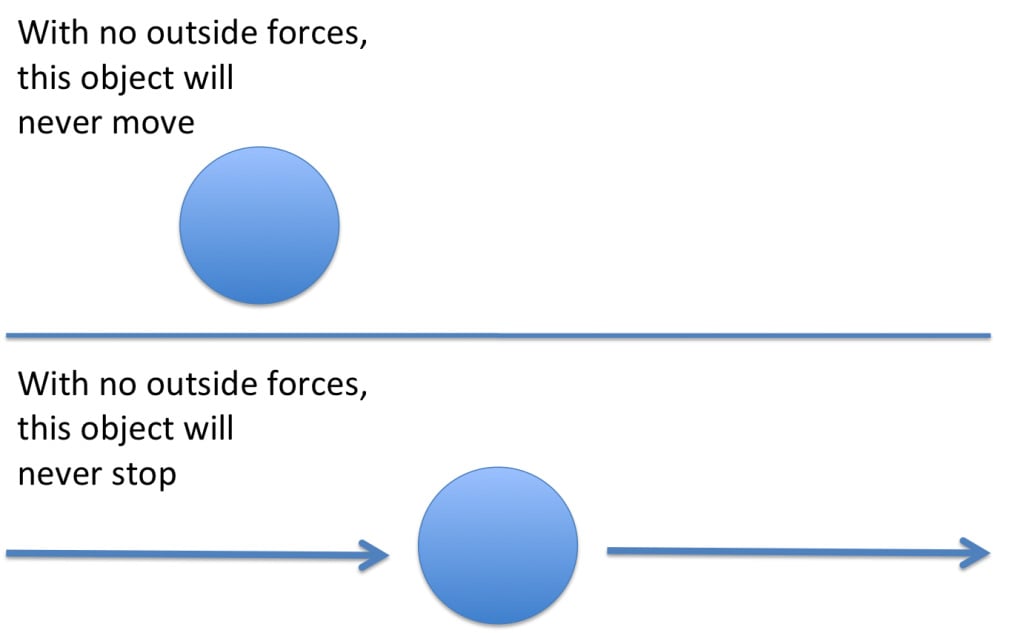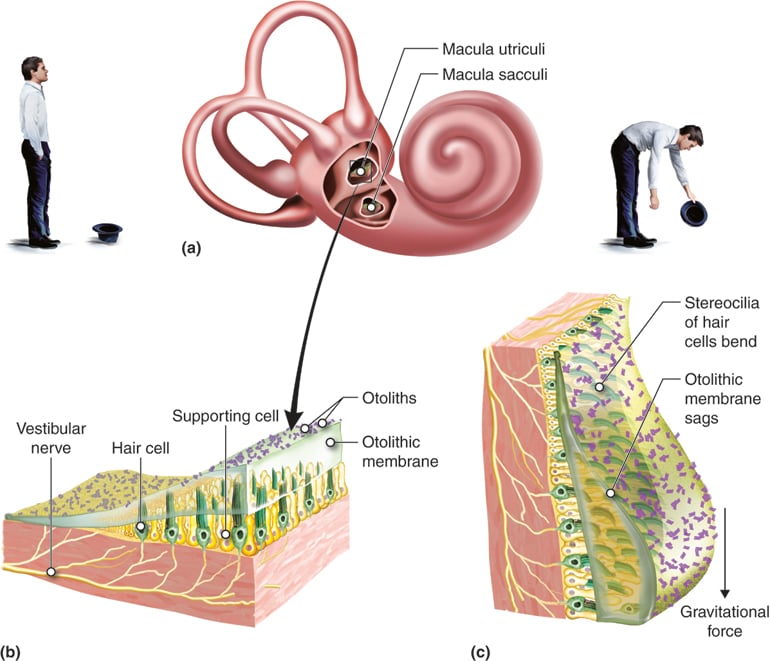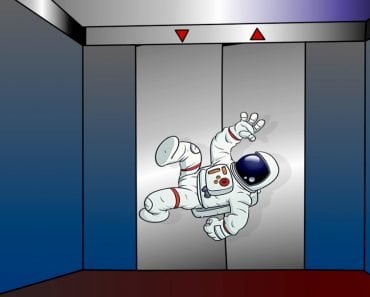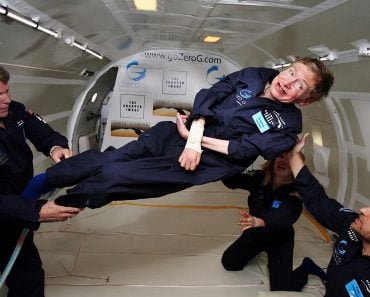When you enter an elevator when it is still stationary, you don’t feel anything unusual. This is because the forces acting on your body are all balanced and at equilibrium. Since the body is at rest, physics says (and so do we) that the body will want to continue to be in that state of rest. However….
The elevator was truly an ingenious invention when talking about buildings topping 20 floors, or even 5 floors, for that matter. Simply enter one of those moving rooms, press the destination floor number on the keypad, and ding! The door closes. Now, if it’s not a particularly crowded space, then a few seconds later, you’ll hear another ding, and you’ll be on your desired floor.
There is not one iota of doubt that elevators have made our lives infinitely simpler when it comes to scaling buildings, but there is still something a bit weird about them, right?
Just after the starting or stopping of an elevator, don’t you feel a bit different? A sensation in your head or stomach that just makes you feel a bit weird. Why is that?
Recommended Video for you:
The Role Of Gravity And Inertia
We know that Earth has a strong gravitational force, and in fact, gravity is the reason you’re sitting there with your laptop/phone in hand rather than floating aimlessly through the air. Gravity tends to pull everything towards it, and I do mean everything.
The second thing to remember is Newton’s first law of motion. Back to the classroom for a moment: Newton’s first law of motion states that “An object either remains at rest or continues to move at a constant velocity unless acted upon by an external force.”

This means that if a person is standing at rest unless a force, like a push, shove, pull, or simply their own motivation to walk, forces them into motion. The same thing applies to elevators.
That Funny Feeling When You Go Up Or Down The Elevator
Consider that you’re in an elevator. You are a stationary object in another object, the elevator that will begin to move. Since you are still stationary when the elevator moves, you and all the organs that make you up are jolted into motion. This is similar to what happens when you jerk backward when the car you’re in accelerates ahead.
Back in the elevator, in the split second that the elevator begins, it moves upwards, the fluid inside you jerks downwards, and a fluid in a particular organ is behind the funny feeling while traveling in an elevator.
The Utricle And The Sacculus: Sensing Up, Down, Left And Right
Within your ear are two tiny structures that sense whether you’re moving upward, downward, or side to side. In other words, it senses what orientation your head, and by extension, your body, is traveling in.
The utricle senses up and down movement, while the sacculus senses sideways movement on multiple axes. The two organs are filled with fluid. For our elevator case, we’re interested in what’s happening in the utricle.

In the first jolt of the elevator moving, the fluid remains stationary, and so puts pressure downward as your body begins to move upward. The downward movement of the fluid disturbs little stones in the utricle called otoliths. The sensory neurons in the utricle sense the movement of the otolith and relay that information to the brain, which decodes it as “Moving up.” This is also what happens when you jump up.
Sensory information from the utricle and sacculus also informs the rest of your body. A slightly funny feeling is your body adapting to moving upwards. Again, this is similar to motion sickness in some people when they travel in cars, buses, or ships.
Once you’re moving at the pace of the elevator (since you are in the elevator itself), the forces again acting on your body have found their balance, making you feel completely at ease (provided the lift is not an old, rusty one that jerks and bumps all the way up!).
Elevator-Induced Dizziness
Some people, however, experience dizziness, light-headedness, or, more rarely, a mild headache from traveling in an elevator. This could be because of something called Benign Positional Vertigo.
That feeling only lasts for a short time, not more than a few seconds at most. The otoliths inside the utricle come loose (due to injury) and cause ripples in the fluid. These ripples send mixed signals to the brain about the head’s position, which leads to feelings of dizziness.
Eventually, the elevator comes to a halt. You will again experience a sudden jerk as you cease moving, and your head will feel funny for just a moment. Since you were in a state of motion, your body wanted to remain in that state of motion, but the sudden stop broke that motion, resulting in you feeling that odd sensation again.
This is why this sensation depends a lot on how the elevator moves. An elevator with smoother starts and halts will be more desirable than one that jerks every time it begins its climb or decelerates to a stop. People can even become physically sick due to these sudden jerks, as gravity messes with heads pretty badly at extreme heights.
Drowsiness After Take-off Or Landing Of An Airplane
The same basic laws apply in this situation. When an airplane takes off and ascends into the air, it essentially moves you against the force of gravity. The plane continues to ascend, and at a certain altitude, it stops changing. This is when you feel that slight ‘falling’ sensation. You’re not actually falling; it’s just the plane’s state of upward motion disappearing, allowing your body to feel normal again.
In addition to inertia, some people also get airsickness from the change in air pressure as they ascend.
This is a natural phenomenon that every human being feels, which makes me wonder: how does Superman feel every time he shoots up into the sky with a booming bang of sonic energy?













